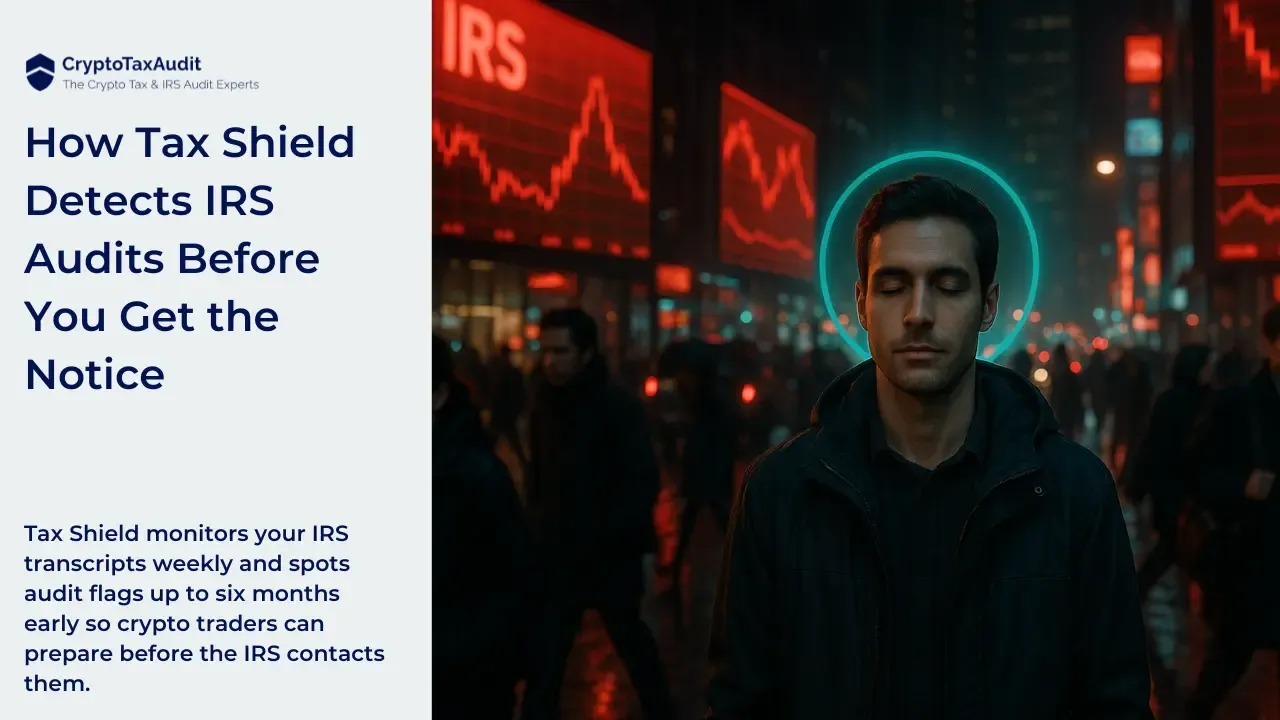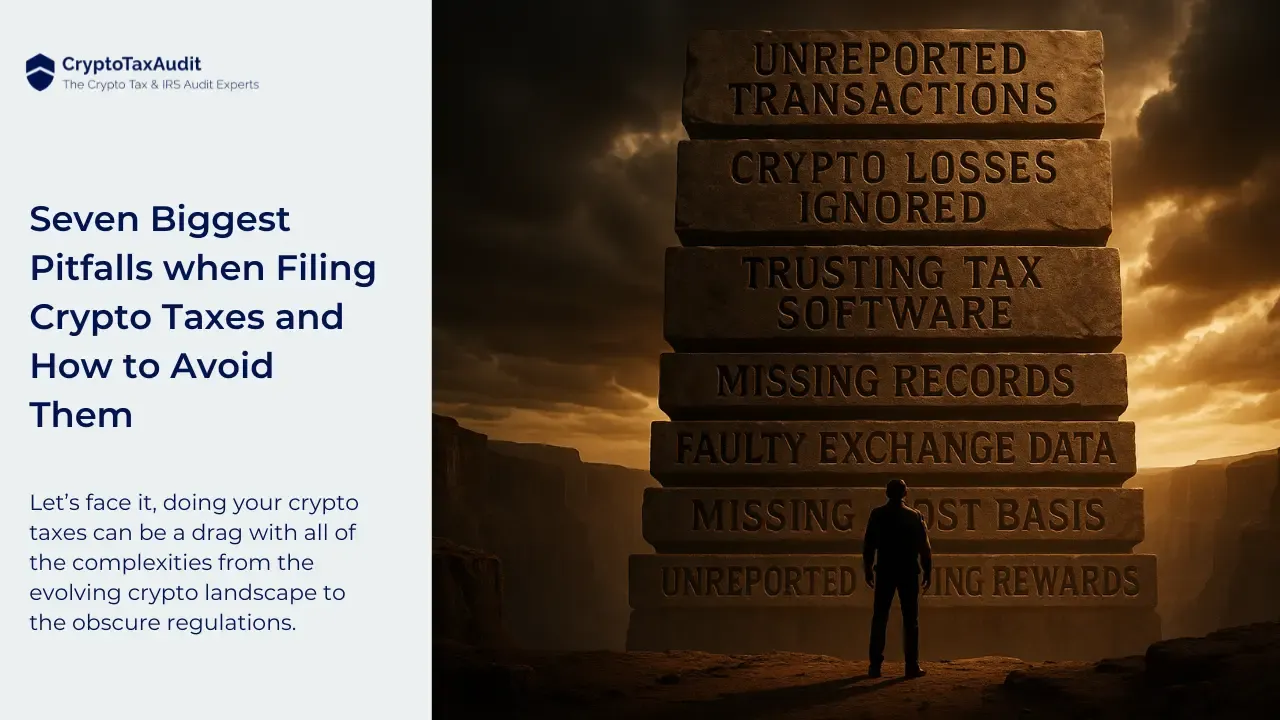
Introduction
Clinton Donnelly presented his views of IRS Revenue Ruling 2023-14 describing how staking rewards will now be taxed. In this detailed presentation, he covered many of the hidden complexities that the IRS failed to consider and how this may affect proper tax reporting in the years ahead.
The revenue ruling
Clinton introduces the topic of the new IRS revenue ruling 2023-14, which addresses the taxation of crypto staking rewards. He highlights the complexity of the ruling and expresses skepticism about the IRS's understanding of the issue. He also mentions the surprise at the timing of the ruling, as there is an ongoing court case related to the topic.
Derived or created?
Clinton explains the concept of a revenue ruling and its authority in tax law. He describes the hierarchy of authority in tax law, with the law itself being the highest authority, followed by tax regulations, and then various forms of IRS guidance. The focus is on revenue rulings as a form of guidance that represents the IRS's interpretation of the law but does not carry the same weight as the law or formal regulations. He highlights that revenue rulings can be challenged in tax court.
Constructive receipt
Clinton then delves into the two key issues addressed by the revenue ruling.
The first issue is whether staking rewards are derived from a source or created. He discusses the difference between these topics using examples such as manufacturing and farming to illustrate the distinction. He critiques the IRS for failing to adequately address this issue and emphasizes that the ruling overlooks complexities in how staking rewards function.
The second issue explored is when staking rewards are constructively received. Clinton explains the concept of constructive receipt, which means income is considered received when it's available for the taxpayer's use. Different crypto protocols' reward distribution mechanisms are explained, highlighting that the rewards' availability varies depending on the protocol. The presenter critiques the IRS's simplistic example and discusses how the timing of reward distribution and potential lockdown periods impact constructive receipt.
The Jarrett case
Clinton goes on to discuss the legal situation involving Josh Jarrett and his Tezos staking rewards. Josh Jarrett had paid taxes on his Tezos staking rewards in 2019 and then filed for a $4,000 refund. He was supported by the Proof of Stake Alliance, a group advocating for taxing proof-of-stake upon sale rather than receipt. The IRS issued a refund initially, but the case continued due to the need for clarity on how staking rewards should be taxed. The court heard arguments, with the judge raising questions about the IRS's position on cryptocurrency taxation. The IRS later issued a revenue ruling that left no doubt about its stance.
Speculating on the motive
Clinton delved into the possible reasons behind the IRS's timing of the revenue ruling. He suggests that the ruling might not be a direct response to the court case, as the timing is quite short. Instead, he proposes that the ruling might relate to the delayed issuance of Form 1099-DA, a form for reporting digital asset transactions. The Treasury Department's delay in releasing the form could be tied to needing a clear position on the taxation of staking rewards. He presents this as a potential motive for the revenue ruling.
Clinton's thoughts on tax reporting strategies for staking rewards
Clinton then provides general insights into how cryptocurrency traders might approach reporting staking rewards on their tax returns. Two primary questions are explored: whether staking rewards are taxed upon receipt or upon sale, and how to handle constructive receipt in relation to blockchain reporting. He advises aligning reporting with blockchain or exchange transaction history as a straightforward approach
He also discusses Form 8275 for disclosing positions that might not be obvious on tax forms. He then highlights the importance of using the right form and considering the risk of audit. Strategies for deferring income recognition and potential amendments to prior returns are discussed, along with the uncertainty of retroactive application of the revenue ruling.
Conclusion.
Bottom line, Clinton thinks that this new revenue ruling represents by the IRS yet another, unreflected piece of guidance that they have issued. They failed to understand the complexity of the situation. As usual, they shoot themselves in the foot every time they state any sort of crypto guidance. And this is just another example of it.
The full interview
View the full interview on The Clinton Donnelly Show.





